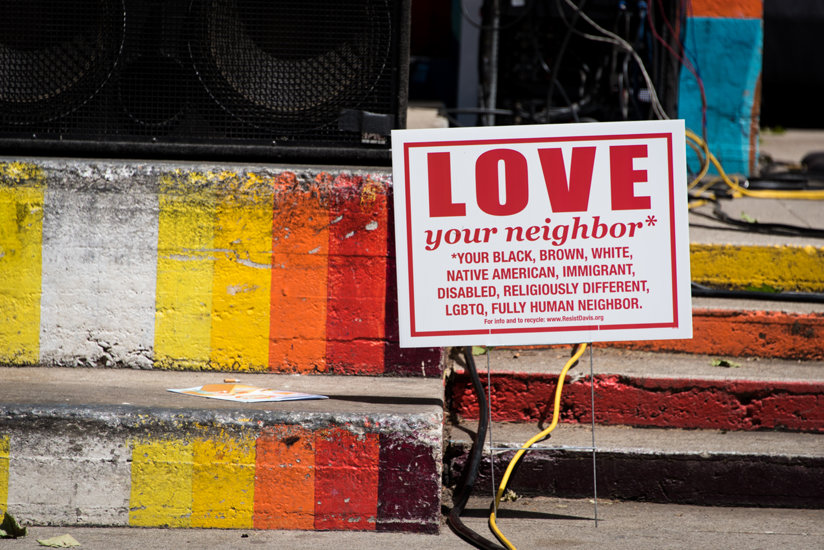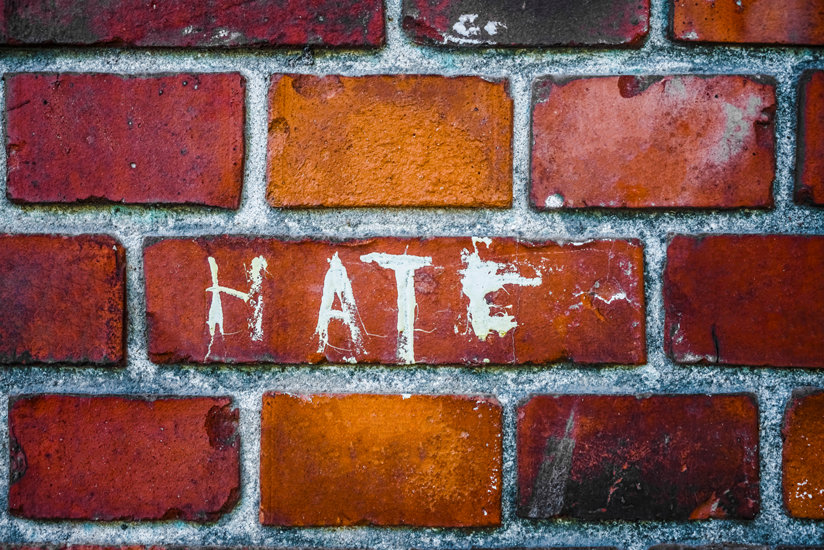
-
HOME
-
WHAT IS STANDOur Mission Our Values Our Help Contact
-
WHAT WE FIGHT FORReligious Freedom Religious Literacy Equality & Human Rights Inclusion & Respect Free Speech Responsible Journalism Corporate Accountability
-
RESOURCESExpert Studies Landmark Decisions White Papers FAQs David Miscavige Religious Freedom Resource Center Freedom of Religion & Human Rights Topic Index Priest-Penitent Privilege Islamophobia
-
HATE MONITORBiased Media Propagandists Hatemongers False Experts Hate Monitor Blog
-
NEWSROOMNews Media Watch Videos Blog
-
TAKE ACTIONCombat Hate & Discrimination Champion Freedom of Religion Demand Accountability
Inclusion Can Also Be Contagious—New Law Offers Hope to Hate Crime Victims
The outbreak of COVID-19 in early 2020 caused a parallel epidemic of hate crimes against members of Asian communities in the United States and elsewhere. As with other hate crimes, there was no rationality behind any of the attacks—the “logic,” if it can be called that, was that since the disease originated in Asia, then individual Asians must be guilty of causing the disease.

Anyone who has been wrongly blamed for something knows false accusations are inherently hurtful. The damage to Asian communities, though, is much more than emotional. One U.S. group which supports Asian rights and tracks anti-Asian hate had recorded more than 2,800 hate incidents in the United States from the beginning of the pandemic in March 2020 to the end of the year, and noted that these have increased by 150 percent in 16 cities. Behind the impersonal statistics are tragic stories of businesses being vandalized, people being denigrated, assaulted, and in some cases killed, such as the tragedy which befell an 84-year-old Thai man in San Francisco, targeted solely because of his ethnicity, who was shoved to the ground and died.
Anyone who has been wrongly blamed for something knows false accusations are inherently hurtful. The damage to Asian communities, though, is much more than emotional.
Congress has responded to the spate of attacks by passing a piece of legislation called the COVID-19 Hate Crimes Act, signed into law by President Biden in May. Despite the current divisive political climate in Washington, the bill made it through both Houses of Congress and faced little opposition in the process, with members of both parties present at the signing ceremony. The Attorney General, in promising to vigorously implement the new law, commented that prosecuting hate crimes is “deeply rooted in the [Department of Justice’s] founding” and promised to use the statute to “combat crime motivated by bigotry and discrimination.” It is unfortunate that it took a crime wave generated by bigotry to produce a unified response, but hopefully the result will be a safer world for Asians and others who have been victimized by ignorance and bias.
The new law is aimed at restraining all crimes motivated by hatred and bigotry, and has three major objectives: establishing online reporting of hate crimes; improving collection of hate crimes data at the state, local and federal level; and expanding public education campaigns that increase awareness of hate crimes and reaching victims.

These aims reflect an effort to resolve one of the most serious barriers to preventing and prosecuting hate crimes: they are severely underreported. The first step to doing something about a problem is knowing the extent of it. But according to one study by the Justice Department, over half of hate crimes occurring from 2004 to 2015 went unreported. Other investigations have resulted in similar findings.
The new law further enables courts to mandate education or community service to the benefit of the group the offender has harmed as a condition of supervised release—a measure which will hopefully enable perpetrators to see the damage they have done and the good in the people they have vilified and harmed.
Greater awareness of crimes borne out of prejudice should make a difference, not just for Asian Americans, but for all who have been victimized by the bigotry of a deranged few. But such crimes occur where hatred has already had a chance to fester and spread. Combating the hate that leads to hate crimes is not just the responsibility of law enforcement or the Department of Justice but each and every one of us. Refuse to spread lies. Correct vicious false reports. Defend your fellow human beings. And learn to live alongside and embrace people of different backgrounds and views.
Like the pandemic and bigotry, inclusion can also be contagious.









